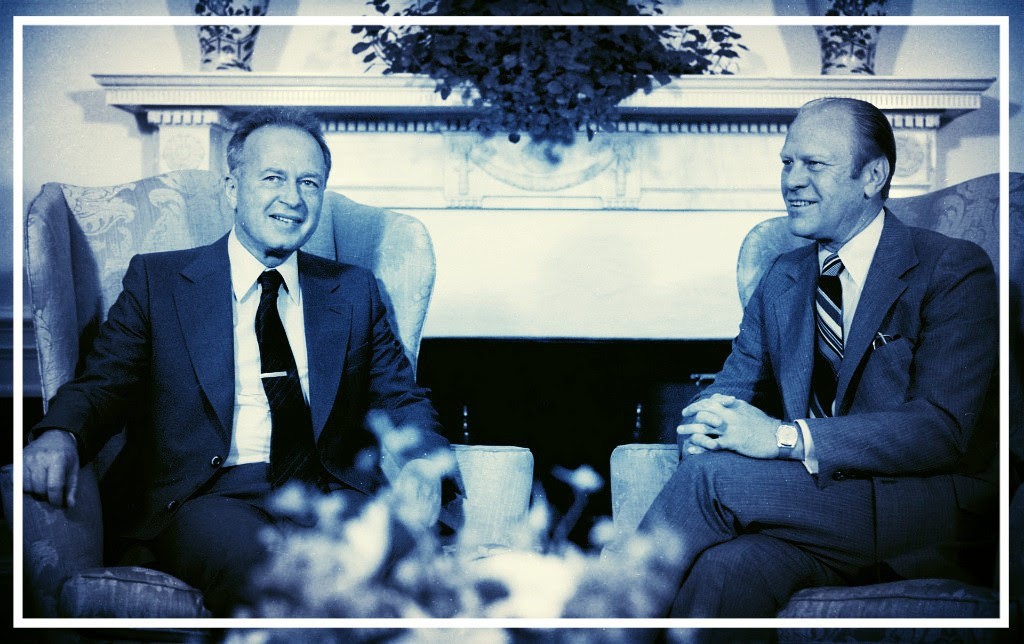
Gerald Ford, who succeeded Richard Nixon as president after his resignation in 1974, was an anomaly: a president for less than a thousand days who was not elected as president nor vice president. In 1973, he had replaced Vice President Spiro Agnew, who resigned in the face of bribery charges.
Yet Ford was president at a pivotal time. The movement to free Soviet Jewry in 1975 scored two critical political and diplomatic victories: the passage of the Jackson-Vanik Amendment, which denied most favored nation trading status to countries with restrictive emigration policies, and the signing of the Helsinki Declaration, requiring the Soviet Union to respect human rights, including fundamental freedoms of religion, thought and conscience.
Ford was the right executive at the right time to ensure both advances. An early backer of the movement to free Soviet Jews, he was Republican minority leader in the U.S. House of Representatives in 1971 when he spoke at a Madison Square Garden rally for Soviet Jewry.
"His administration’s signing of the Helsinki accords, which established a clear link between international relations and human rights, was the most important step in the struggle to win the Cold War," Natan Sharansky, the former prisoner of Zion, toldJTA when Ford died in 2006.
Ford inherited Henry Kissinger as secretary of state, and went along when Kissinger grew frustrated with what he perceived as Israeli intransigence in talks with Egypt. Kissinger wanted Yitzhak Rabin, who had become Israel's prime minister, to pull back from a portion of the Sinai peninsula captured from Egypt in the Six-Day War. In March 1975, Kissinger said that the Ford administration was "reassessing" U.S. Middle East policy, including assistance to Israel.
Ford said he was "profoundly disappointed" in Israel's reluctance to cooperate. He put a hold on critical arms sales for six months, but could not face down congressional pressure to relent. The pro-Israel lobby garnered 76 signatures on a Senate letter to Ford "to be responsive to Israel's urgent military and economic needs."

